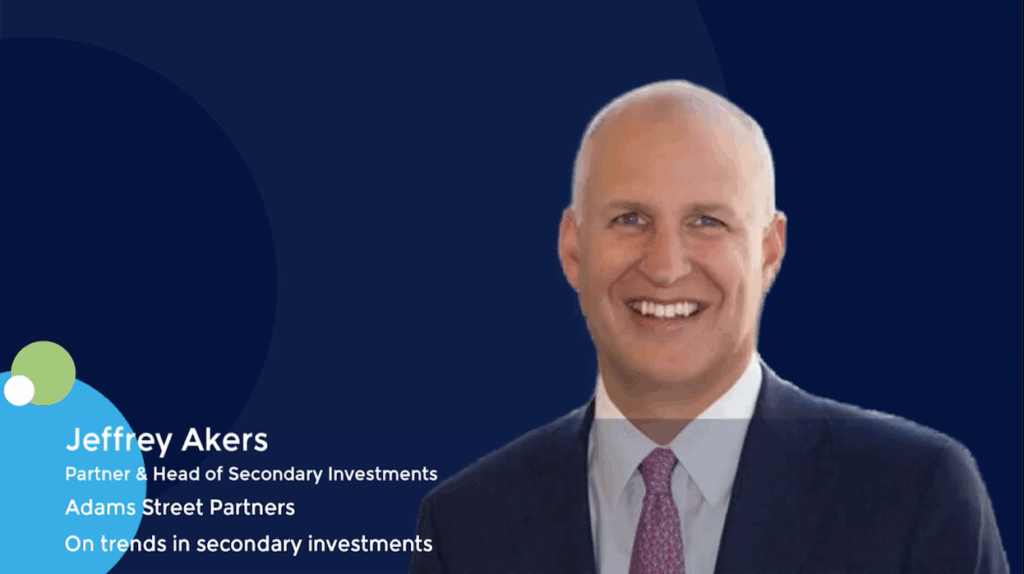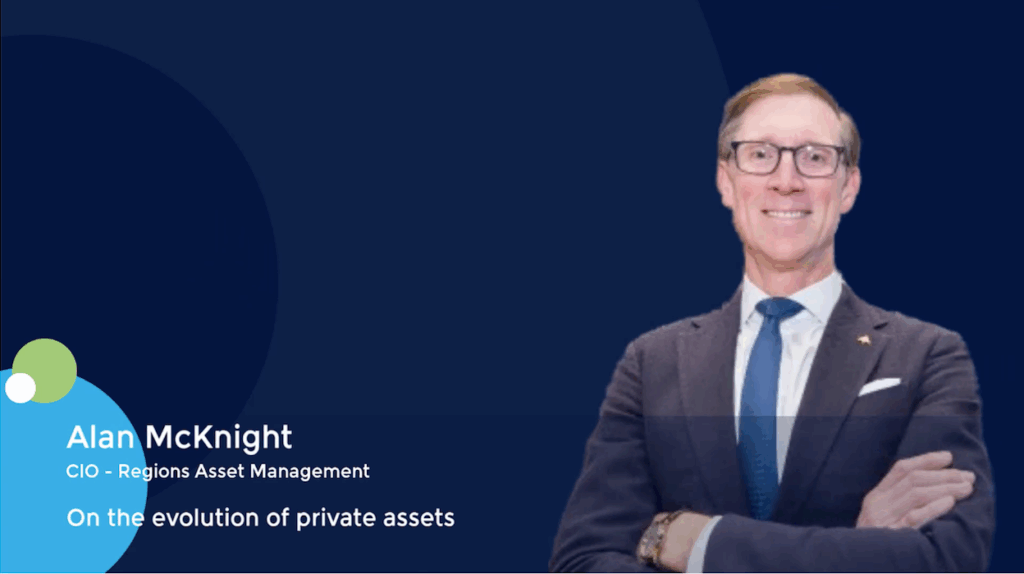Avantika Saisekar, Managing Director at Wafra, on ESG as a value creation tool and not a cost
In an engaging fireside chat hosted by Giovanni Amodeo, Avantika Saisekar, Managing Director at Wafra, discussed the evolving role of Environmental, Social, and Governance (ESG) criteria in creating value rather than being viewed merely as a cost. Here are the key highlights from their conversation:
1. Avantika’s Background: Avantika leads the Sustainable Investment Group at Wafra, a New York-based middle-market alternative investment firm. Her team focuses on integrating ESG factors into the investment process, assessing how these considerations can enhance valuation throughout the investment lifecycle.
2. ESG Evolution Over Time: Avantika began her ESG career in 2013 at Northern Trust Asset Management, during a period when ESG was just gaining traction. She noted the significant growth of interest in ESG from clients and the shift from experimentation to successful implementation of ESG-focused indices by 2016-2017. The last few years have seen a boom in ESG discussions, but Avantika emphasized a current shift toward a more realistic approach to sustainability, moving away from superficial claims and focusing on genuine value creation.
3. Public vs. Private Markets: The conversation highlighted the different approaches to ESG in public and private markets. Avantika pointed out that private markets offer the advantage of closer engagement with portfolio companies, enabling more in-depth ESG due diligence and understanding of financial materiality. She emphasized the importance of integrating ESG risks into investment theses to drive value, noting that reporting is often an afterthought and should not overshadow the due diligence process.
4. Diverse Perspectives from Limited Partners (LPs): Avantika discussed the varying definitions and expectations of ESG among different LPs, such as pension funds and endowments. She emphasized the need to align ESG goals with the investment thesis while also addressing specific interests from each LP.
5. Political Climate and ESG Concerns: When asked about the implications of the upcoming presidential elections on ESG initiatives, Avantika expressed that a strong sustainability framework should endure beyond political cycles. She believes that sustainability is a long-term investment consideration that is increasingly critical to the market.
6. Learning from Global ESG Practices: Avantika noted that the U.S. lags behind Europe in terms of sustainability initiatives. She highlighted that European markets have a clearer framework for ESG, and she anticipates that U.S. practices will increasingly align with these standards.
7. Inspiration and Future Perspectives: When prompted about an inspiring figure in ESG, Avantika mentioned Gina McCarthy, former head of the EPA, expressing interest in understanding her insights on sustainability and regulatory structures.
8. Conclusion: Avantika Saisekar’s insights into the role of ESG as a value creation tool underscore the importance of genuine integration of sustainability into investment strategies. As the market evolves, a focus on long-term value and realistic approaches to ESG will be vital for success.
Key timestamps:
00:09 Introduction to ESG and Value Creation
01:14 The Evolution of ESG in Investment
03:47 Public vs. Private Market Approaches
06:22 Defining Value Creation in ESG
08:13 Standardization of ESG Metrics
09:39 Assessing Governance in Investment Firms
12:47 Collaboration with GP Managers
14:13 Market Trends and Manager Resistance
17:08 Impact of Climate Change on Asset Valuation
19:10 The Evolution of Due Diligence
20:14 Understanding LP Perspectives
21:06 ESG Reporting vs. Due Diligence
22:07 Political Influences on ESG
23:14 Global Perspectives on ESG Practices
24:40 Inspiring Figures in ESG










